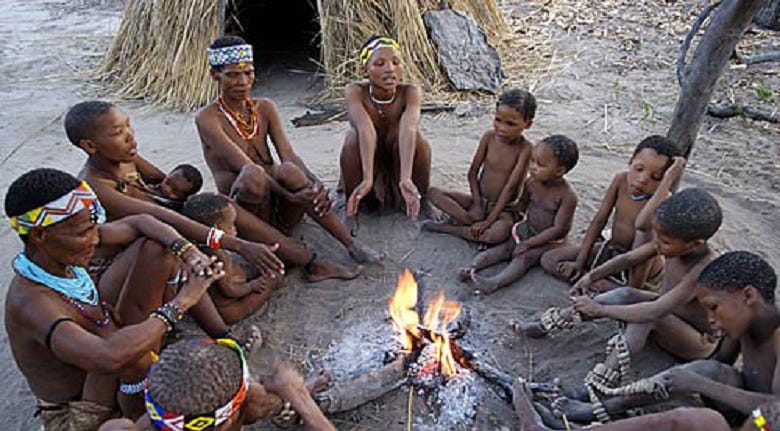The lost Eden of primitive societies? Perhaps not
Nonsense about the "modern" nuclear family continues to be churned out
One never ceases to marvel at the ingenuity with which those intent on destroying western family norms find material to justify their positions.
The Times of London (£) reports:
Parenting tips gleaned from hunter-gatherer tribes in Africa may be the key to bringing up more contented children in Britain, researchers from Ca…
Keep reading with a 7-day free trial
Subscribe to Melanie Phillips to keep reading this post and get 7 days of free access to the full post archives.




